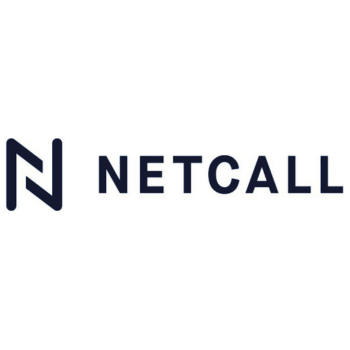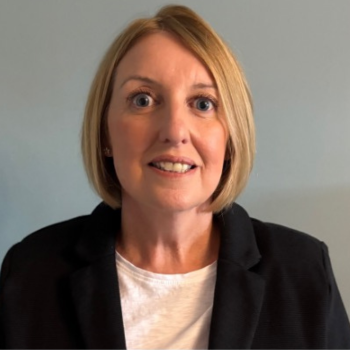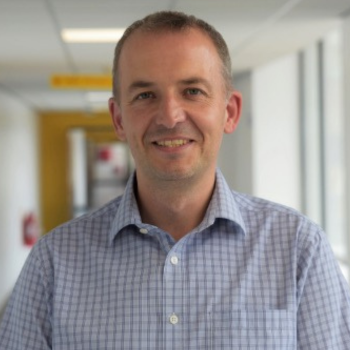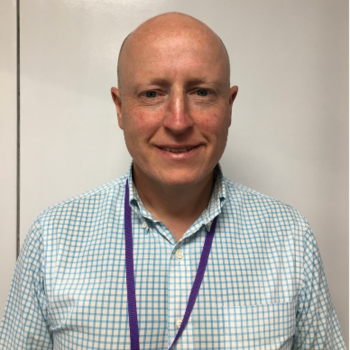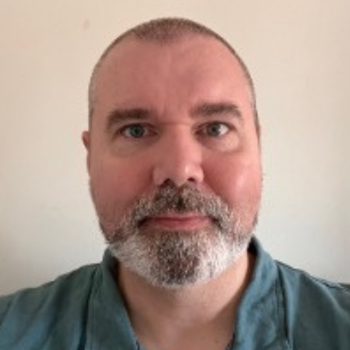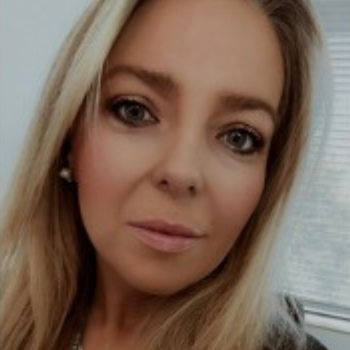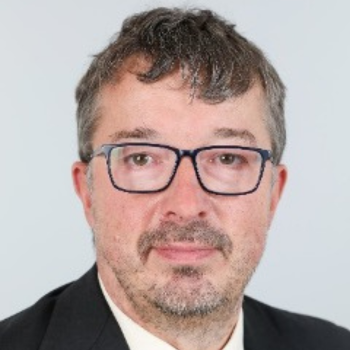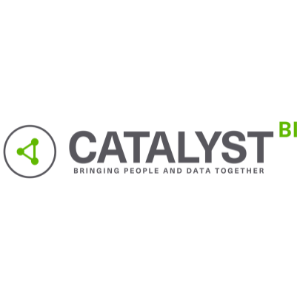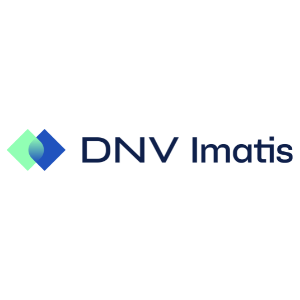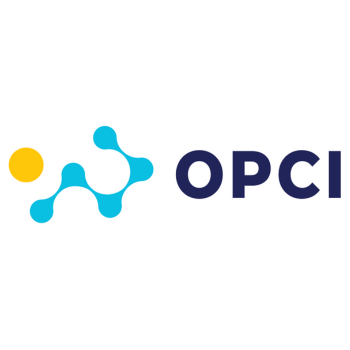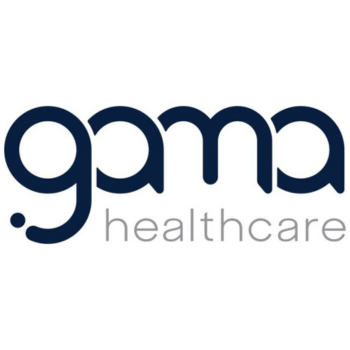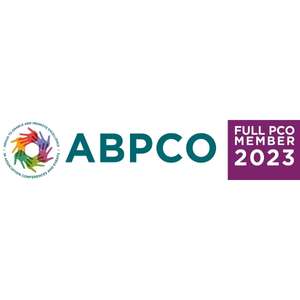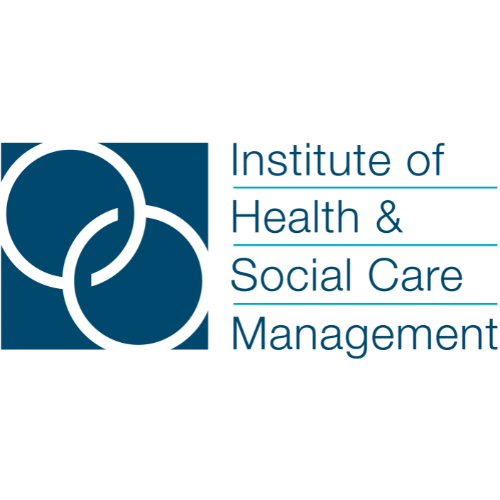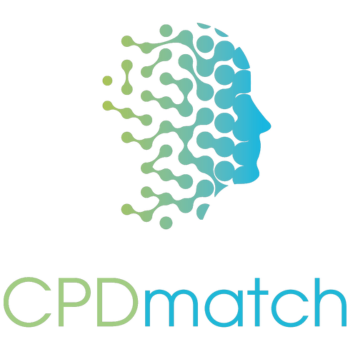REGISTRATION CLOSED
Current Landscape
The NHS Patient Flow Conference will address the growing challenges facing healthcare delivery, as highlighted by the Lord Darzi Review. Despite a significant increase in the number of nurses—35% more working with adults and 75% more with children over the past 15 years—the pace of appointments, surgeries and procedures has not kept up, resulting in declining productivity. Key factors contributing to this issue include disrupted patient flow through hospitals, a severe capital shortage and a strained social care system. Currently, 13% of NHS beds are occupied by patients awaiting social care or alternative settings, which has led to a 7% reduction in outpatient appointments, 12% less surgical activity and 18% fewer emergency medicine interventions. This conference will explore these challenges and propose solutions to improve patient flow and overall healthcare efficiency.
Importance and timeliness of the event
The NHS Patient Flow Conference comes at a crucial time, as the healthcare system grapples with unprecedented pressure on its resources. The increasing demand for services, combined with rising workforce challenges and a faltering social care system, has highlighted the urgent need for systemic change. The conference offers a timely opportunity for healthcare professionals, policymakers and experts to come together and address the root causes of patient flow inefficiencies that are severely impacting NHS productivity. With patient care increasingly compromised by delays and bottlenecks, it is vital to explore innovative solutions that can improve hospital operations, ensure better patient outcomes and support the sustainability of the NHS in the face of these ongoing challenges. The conference's discussions and recommendations will be key to shaping the future of NHS care delivery.
Key content streams:
- Optimising Patient Flow Across Healthcare Settings: Strategies to improve patient movement through hospitals, addressing bottlenecks and ensuring timely admissions, treatments and discharges.
- Addressing the Impact of Social Care Delays: Exploring the critical issue of NHS bed occupancy by patients awaiting social care and the integration of health and social care services to improve discharge pathways.
- Capital Investment and Infrastructure Needs: Examining the urgent need for investment in NHS facilities and technology to support efficient patient flow and improve healthcare delivery.
- Data and Technology Solutions for Improving Efficiency: The role of digital tools, data analytics and AI in streamlining patient flow, optimising resources and enhancing decision-making within the NHS.
- Demand and Capacity Planning: Balancing patient demand with healthcare resources, focusing on forecasting needs, optimising bed management, staff allocation and leveraging data-driven tools and technology to address fluctuating patient volumes.
Why attend
The Patient Flow Conference provides an indispensable opportunity for healthcare professionals to actively participate in revolutionising patient flow within the NHS.
Register now to be a part of this vital dialogue, driving transformative changes within the NHS and advocating for streamlined patient care and optimised resource utilisation.


